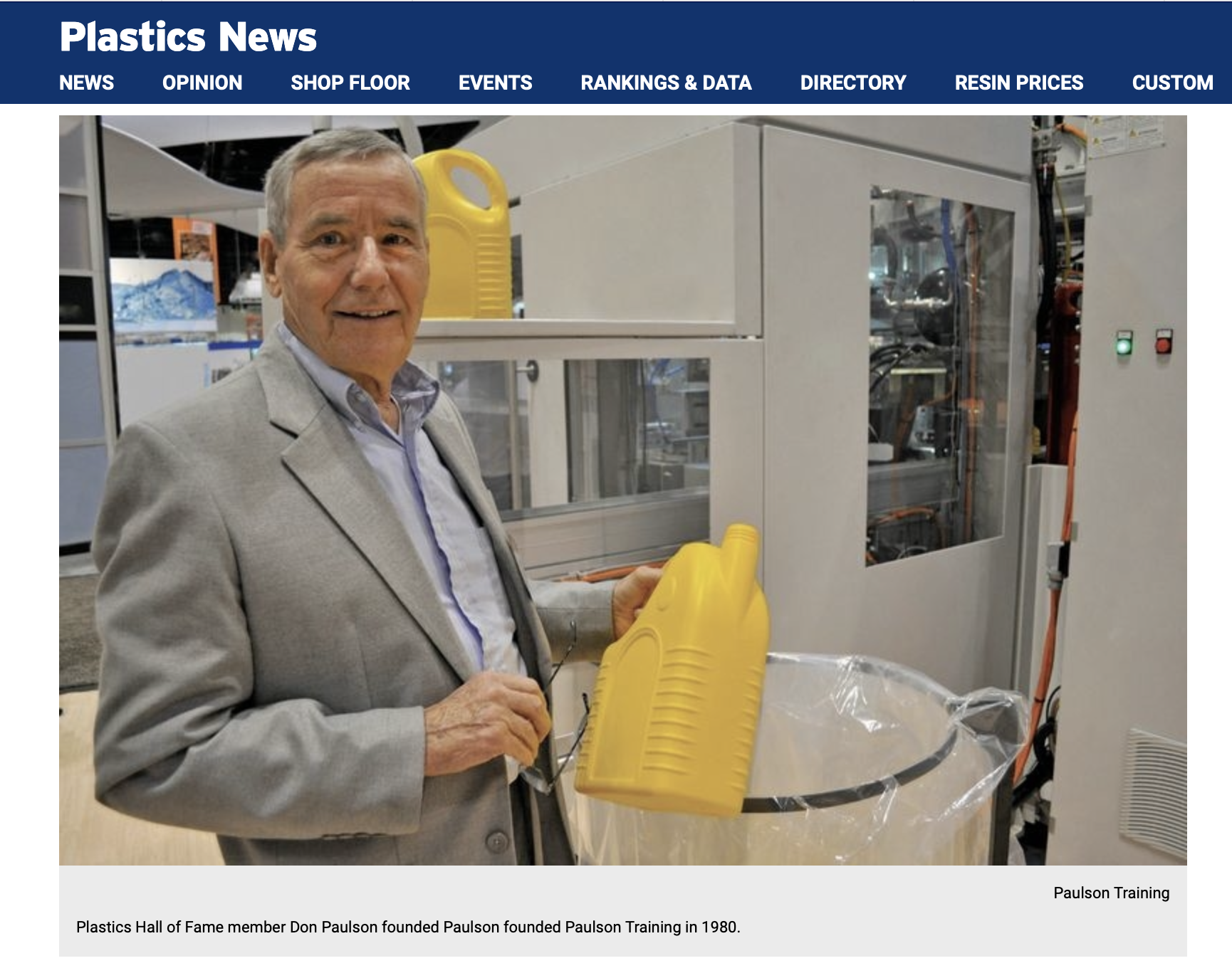In our last post, we talked about the survey in which 40% of the production floor workers surveyed said they would NOT accept a promotion that offered increased pay and increased responsibility (mainly supervisory responsibility).
 If you are in charge of the numbers at your injection molding, extrusion, blow molding, thermoforming, etc., production facility (whether production numbers of financial numbers), you have no doubt heard of the 80/20 rule. Simply put, this rule states that 20% of your efforts results in 80% of your outcomes. A couple examples to give you the idea – 20% of your sales people produce 80% of your sales, 20% of your working hours produce 80% of your productivity, 20% of your customers produce 80% of your profits – and so, applying this to your workforce, 20% of your employees are responsible (directly or indirectly) for 80% of your production.
If you are in charge of the numbers at your injection molding, extrusion, blow molding, thermoforming, etc., production facility (whether production numbers of financial numbers), you have no doubt heard of the 80/20 rule. Simply put, this rule states that 20% of your efforts results in 80% of your outcomes. A couple examples to give you the idea – 20% of your sales people produce 80% of your sales, 20% of your working hours produce 80% of your productivity, 20% of your customers produce 80% of your profits – and so, applying this to your workforce, 20% of your employees are responsible (directly or indirectly) for 80% of your production.
There is a famous line that goes something like “I know only 20% of my advertising is effective. I just wish I knew which 20%”.
You can dispute the exact percentages, but what is not in dispute is the general rule – A minority of the efforts produce the majority of the results. Study after study has proven this to be true.
How can you apply this rule to employee training in the plastics industry? Well, one example is that if 80% of your injection molded part defects are produced by 20% of your set-ups, why not give your set-up personnel the tools (i.e. knowledge) they need in order to eliminate those defects? If only 20% of your troubleshooters are fixing 80% of your production problems, why not improve the skills of the 80% that are under performing?
There are endless applications for the 80/20 rule in plastics processing. At Paulson, we deal with employee training. In many cases, what we are really doing is “fixing defects” in our customer’s production. Plastics processors come to us when they know they have production problems that are caused by human error.
But, you don’t need to wait until those problems appear. Get your 80% of workers the skills and knowledge they need today – RIGHT NOW. It has never been easier or more important to squeeze every bit of productivity possible out of every aspect of your production. And one of the biggest, if not the biggest variable, is the quality of your workforce. Every plastics processor has a “training program”, meaning you are spending money on training every day. It is not budgeted or controlled. But make no mistake, it IS being spent. If you don’t have formalized on-going production floor training, you are throwing money at the most expensive training program there is – learning from your mistakes.
Check out our DVD courses, our on-line courses and the Paulson Plastics Academy – our seminar business.If you are in the plastics industry, you probably need employee training, and Paulson probably has it.



